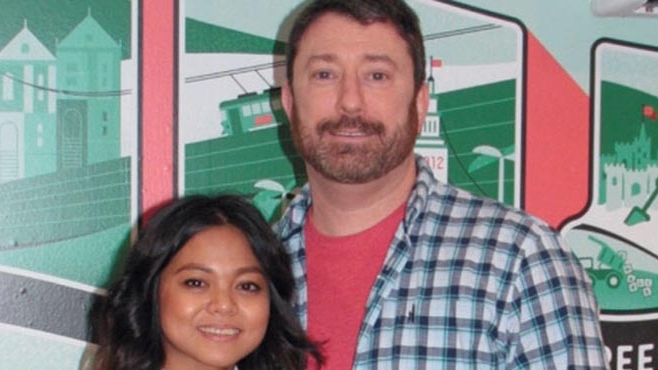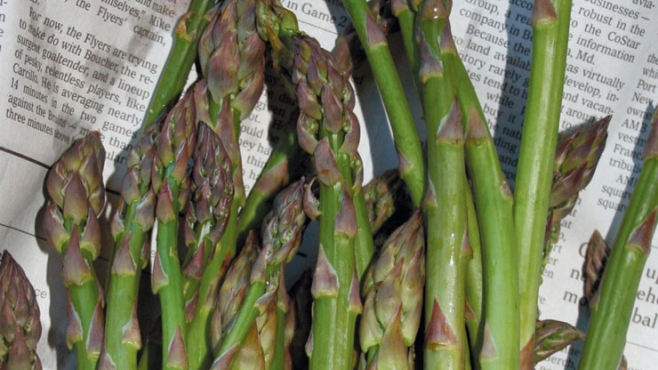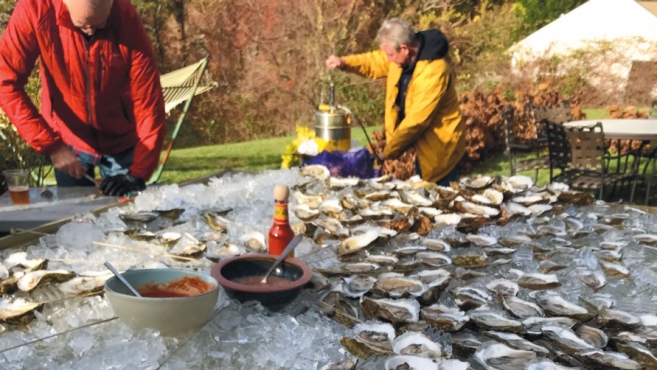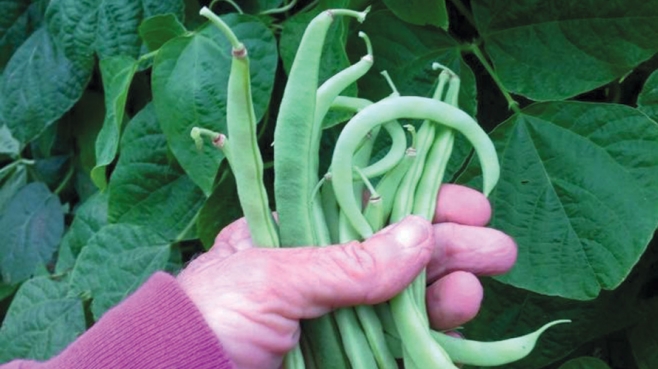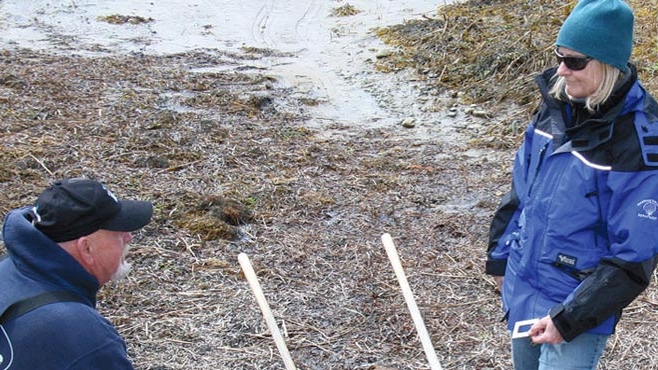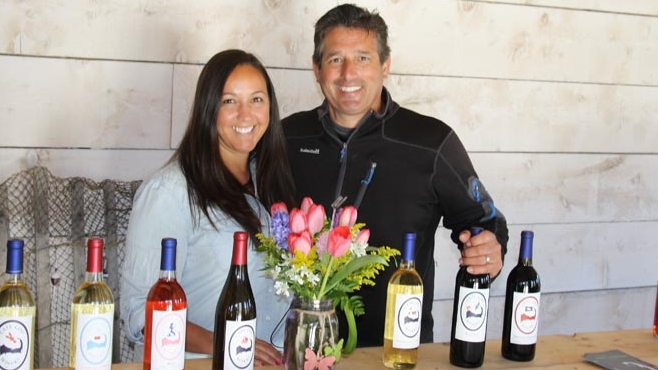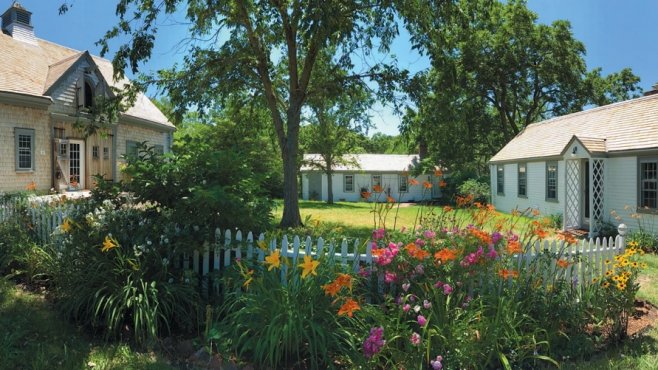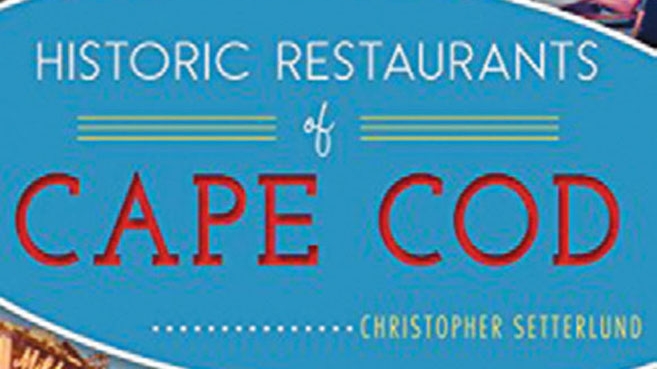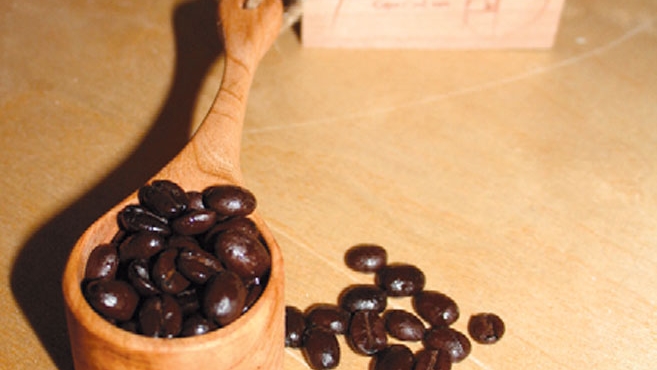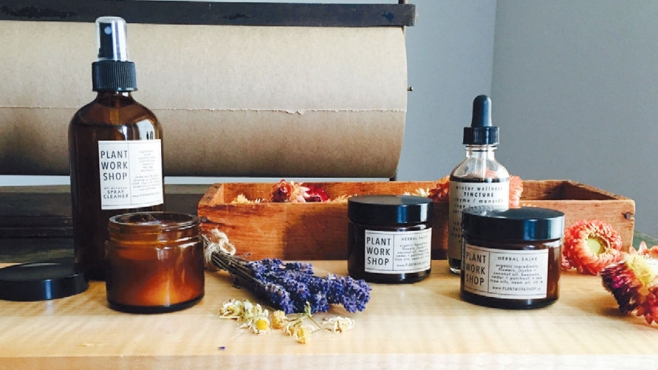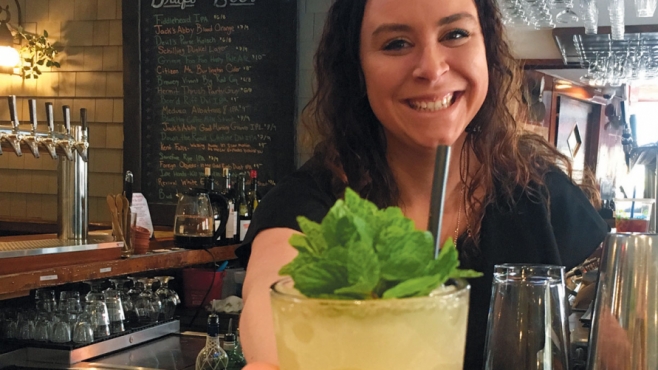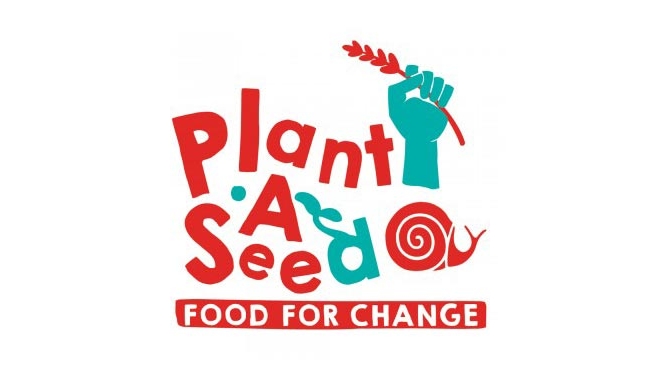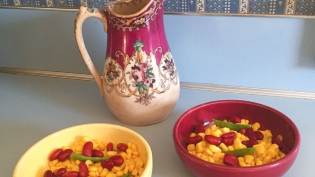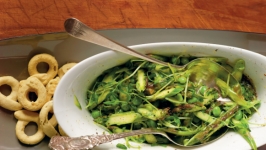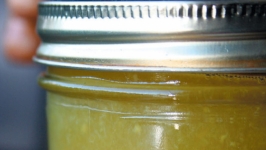Our Spring 2018 Issue
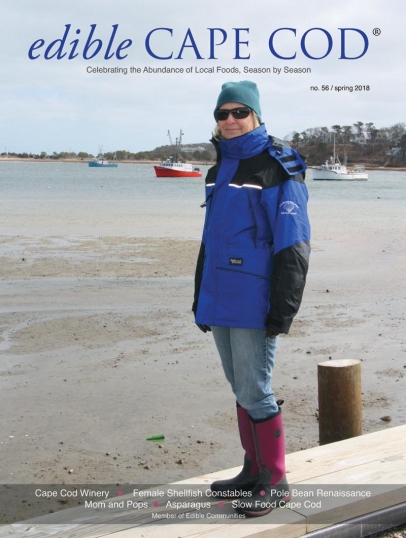
About a dozen years ago I resigned from the board of a local land trust when it turned down the request from a highly respected farmer in town to lease the property we had just “saved from development” through a major fundraising campaign. Ironically, the property had the word “farm” in its name, yet the land trust was adamant it would be left as open space. This was when the local food movement on the Cape was just taking off and the number of local farms was dwindling. Then, as now, the availability of affordable, arable land was a major impediment to individuals looking to farm. It didn’t seem good form for the editor of a local food magazine to sit on the board of an organization whose actions were in direct conflict with our mission at Edible Cape Cod.
Imagine my delight, then, in reading Michelle Koch’s article about a town-led effort in Orleans to purchase a historic farming property and, after years of thoughtful planning, rehabilitation and restoration, lease 1500-square-foot parcels to individuals drawn by lottery for the express purpose of gardening. According to Alan McClennen, one of the leading players of this effort, inserting flexible language for the use of the land was key. We look forward to tracking the progress of this project and sincerely hope that it serves as a model for other towns and land trusts across the Cape.
Elsewhere in this issue, Larry Egan writes about an energetic young couple that took over Cape Cod Winery a few years ago and almost immediately had to find new land on which to plant their vines after the lease on the original property expired. Andrea Pyenson introduces us to the Cape’s four female shellfish constables and the challenges they face on the job. And Susan Fernald brings us up to date on our local Slow Food convivium. We’ve also got some great recipes throughout the magazine, including several for our favorite spring crop, asparagus.
One of the greatest joys of this/our job is the opportunity it provides to meet some amazing people who might not normally cross our path. In the earliest days of publishing this magazine, when we spent every Wednesday morning in summers at the (now defunct) Mid-Cape Farmers’ Market, we got to know Ned and Sue Handy, who were regular shoppers. The Handys were well known in town; Ned served on many local not-for-profit boards and had also published two books about Barnstable. He was also a big fan of Edible Cape Cod and eventually contributed a wonderful article about his grandmother, Amy Littlefield Handy, single mother, farmer, keeper of bees and turkeys, author, artist and patriot, in Ned’s words. Doug and I spent a lovely afternoon with Ned and Sue in their Barnstable home looking at vintage posters from the U.S. Food Administration during WWI that his grandmother had preserved in a map chest. Ned always talked about writing another article for us. Sadly, he passed away this past winter before he got around to writing it.
We’re grateful for the people we meet, and for the spring that the Cape brings to us...
Communities Near You
What’s happening near you
We are Nature's Best Hope: Spring Gardening Symposium
Cape Cod Regional Technical High SchoolHarwich


